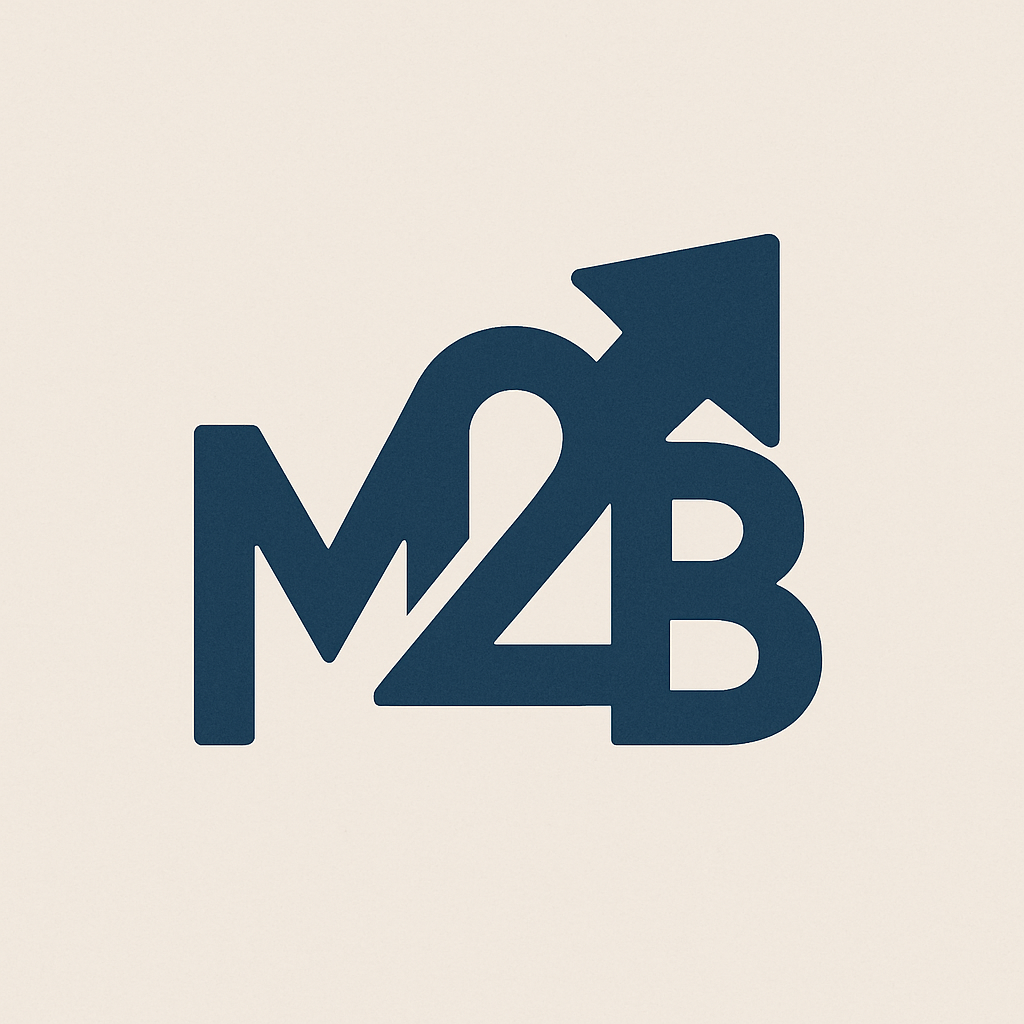The Top 10 Benefits of PMP Certification: Why It Is Worth Your Time and Effort
If you’re wondering whether pursuing the Project Management Professional (PMP) certification is worth your time, money, and energy, you’re not alone. Many professionals ask themselves this before starting the challenging journey of PMP certification. This article will help you understand the top 10 benefits of obtaining PMP certification and how it can positively impact your career and personal growth.
Why I Started My PMP Journey
I decided to pursue PMP certification because I wanted to become a better project manager — not just for my current role, but for the future I envisioned. At the time, I had a new manager who struggled with planning, communication, and stakeholder alignment. Watching those pitfalls unfold made me realize I didn’t want to repeat the same mistakes. I knew I’d eventually need to lead and manage projects myself, and I wanted to be prepared.
To be clear, PMP certification is not a simple training course where you attend a few classes and get a certificate. It is a globally recognized credential, comparable to an advanced degree like an MBA in terms of commitment and value. While the MBA might be more expensive and time-consuming, the PMP offers a focused and practical education in project management that can open many doors in your professional life.
Over 1 million people worldwide have earned their PMP certification, and you can join this community too. Here are ten reasons why you should consider becoming PMP certified:
1. Stand Out from Other Candidates
When you apply for a project management job, you’ll notice that many companies list PMP certification as a requirement or a strong preference. Having this credential sets you apart because it proves you’ve met a rigorous standard in project management knowledge and experience.
Example:
Imagine two candidates with similar experience. The one with PMP certification is likely to get the interview first, simply because the certification signals quality and reliability.
2. Open More Employment Opportunities
Project management roles are growing worldwide, and more organizations demand certified professionals. If you want to work internationally, in large multinational companies, or industries such as aerospace, automotive, IT, or construction, PMP certification can be your ticket in.
Tip:
Use job sites like LinkedIn and filter for PMP requirements to see the growing demand in your region or target industry.
3. Gain International Recognition
Unlike many certifications tied to a specific country, PMP is recognized globally. Whether you want to work abroad, collaborate with international teams, or manage projects with global clients, PMP certification proves your competence worldwide.
4. Improve Your Company’s Success
Studying for PMP teaches you best practices and advanced tools that you can immediately apply to your current projects. You’ll learn how to plan, execute, monitor, and close projects more efficiently, reducing risks and increasing success rates.
Example:
You can start using techniques such as risk assessment, stakeholder communication plans, or resource optimization during your study process — improving your team’s performance even before you get certified.
5. Increase Your Salary Potential
According to PMI’s salary survey, PMP-certified professionals tend to earn significantly more than their non-certified peers — sometimes up to 20% higher. Employers value your proven expertise and commitment to continuous learning.
Action:
After certification, negotiate your salary by presenting data about average PMP salaries in your region or industry.
6. Enhance Your Job Performance
PMP certification requires earning 60 Professional Development Units (PDUs) every three years, which encourages continuous learning and skill upgrading. This cycle of growth helps you stay updated on the latest trends, tools, and methodologies in project management.
Pro Tip:
Track your PDUs by attending webinars, workshops, or reading industry publications. This keeps your skills fresh and relevant.
7. Build and Lead High-Performing Teams
A significant part of PMP training focuses on team leadership, communication, and conflict resolution. You’ll learn how to identify team members’ strengths, manage dynamics, and foster collaboration.
Example:
By understanding your team’s capabilities better, you can delegate tasks more effectively and boost morale.
8. Take on Greater Responsibility
Certification demonstrates your ability to manage complex projects and deliver results. This increased trust often leads to greater responsibilities and leadership roles within your organization.
Career Tip:
Keep a portfolio of successful projects to showcase your capabilities when seeking promotions.
9. Gain Recognition for Delivering Results
The PMP framework emphasizes measurable results — meeting deadlines, staying on budget, and achieving project goals. As you implement PMP tools and techniques, your ability to consistently deliver successful projects will improve, earning you recognition from peers and leaders.
10. Join a Supportive Global Community
PMP certification connects you to a vast network of project management professionals worldwide. This community offers valuable resources, mentorship, and opportunities to share knowledge and experiences.
What Does It Take to Become PMP Certified?
To earn your PMP credential, you’ll need to:
Meet experience and education requirements:
4,500 hours leading projects with a bachelor’s degree
7,500 hours without a bachelor’s degree
Complete 35 hours of project management education
Pass a challenging four-hour exam covering the PMI Talent Triangle:
People
Process
Business Environment
The exam requires thorough preparation. Many candidates spend several months studying using guides, online courses, and practice exams. However, the investment is worth it given the benefits outlined above.
Final Thoughts
PMP certification is a valuable investment for anyone serious about advancing their project management career. It’s challenging but rewarding, offering tangible benefits like better job prospects, higher salary, improved skills, and international recognition.
If you want to learn more about how to prepare for the exam, manage your PDUs, or stay updated on PMP news, keep following this blog. I’ll share my personal experiences, study tips, and the latest trends in project management to help you succeed.
Remember:
The journey to PMP certification is a marathon, not a sprint. Stay focused, consistent, and open to learning — you’ll benefit from this professional milestone for years to come.


